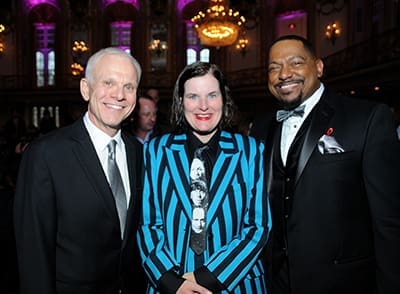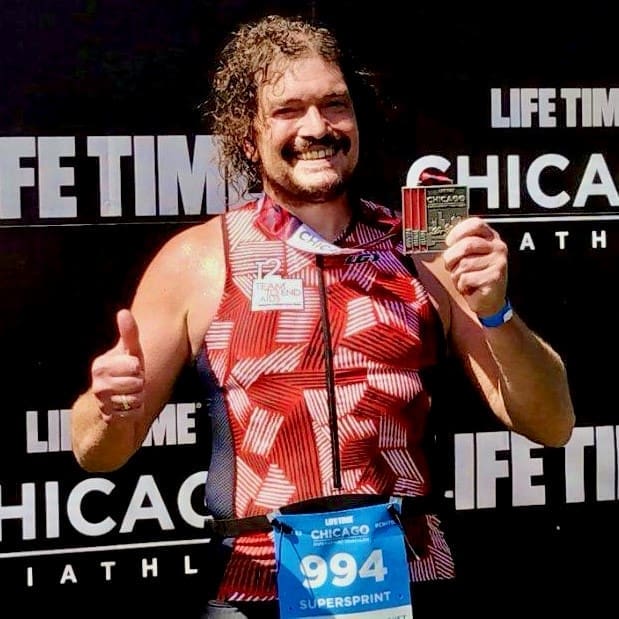Stigma: In and Out is a monthly series profiling the clients, providers and leaders of AFC’s Corrections Case Management program, which helps HIV-positive people emerging from prison or jail get the support they need upon reentry.

Larry Hill is a 50-year-old returning citizen currently residing in Chicago. Hill desires to be an advocate and speak up for those impacted by stigma, whether it is stigma attached to living with HIV or the stigma associated with being a returning citizen after being in prison. Hill was diagnosed as HIV-positive in 2002; he was instantly stigmatized and questioned about being a part of the LGBT community after his diagnosis.
At the age of 36, Larry was sentenced and sent to Hill Correctional Center in Galesburg, IL for 10 years. In prison, he worked as cook, preparing meals for inmates who do not eat meat, eggs or have other dietary restrictions. He also learned different trades while incarcerated like buffing floors and making repairs in the repair shop. These learning opportunities helped him stay productive and keep himself in the right frame of mind and prepare for release.
Upon release in 2011, the stigma of being HIV-positive and formerly incarcerated impacted him, and it became hard for him to manage his HIV. Immediately after release, he was not assigned a case manager to navigate social services or link him to care; he never knew about programs like case management services that could have offered him help. Eventually, Hill was directed to the Corrections Case Management program, administered by the AIDS Foundation of Chicago in partnership with the Austin CBC Initiative, and was assigned a case manager to navigate services for justice-involved people living with HIV.
Hill stated, “The program has uplifted me so much, and basically set me into being a better person in society.”
One element of the program is a specially designed support group, the Returning Citizens Circle. This group helps him stay focused, encourages him to read, and offers computer access, among other things. It’s a safe space led by the population to create a sense of community.
“This group really transitions people the right way and accommodates people really well,” said Hill. He takes the opportunity to go to group sessions and express how he feels very seriously, and he appreciates people asking him how he is doing. “I feel stronger within myself, and my mind is at ease.”
Thanks in part to the Corrections Case Management program, Hill has been able to set a path for himself to move forward in his life. He plans on opening his own business, following in the footsteps of his father, who owned a construction company. He has fully accepted his responsibility and is now an advocate in his community to speak up and tell his story to change the lives of others.
Hill’s hope for the future is also fueled by his love for his family, and his family’s love for him. His sister and his mother consistently fought for his release throughout his sentence. Now, he tackles any job the family needs done. Putting his focus in the right places has helped Hill keep his eye on the prize — and keep him out of conflict. Ultimately, Hill loves to help people. “If there is a way that I see that I can fit in or help, to better a situation for [my family], that’s me! I’m there!”
But Hill feels the struggle of transition. He runs into trouble with finding a job because of his lack of skills. He often feels depressed that he doesn’t have the skills necessary for the jobs that he applies for.
After 13 years of medication and tribulations within the corrections system, Hill is determined not give up. He is striving to keep himself healthy and keep moving. “I push every day, I push hard.”
In the past, Hill has tried to be the “hard” kid and has not always taken advice from the world, but today he knows that you cannot keep making mistakes over and over. “A lot of people do change. We all can change ourselves. And help from others — help that pushes us — changes us.”



